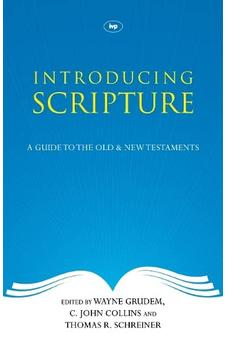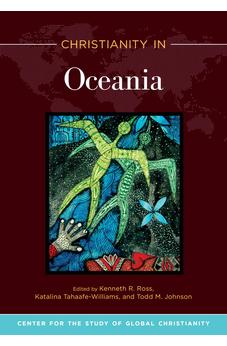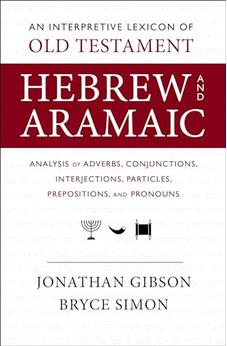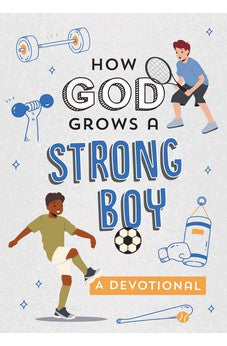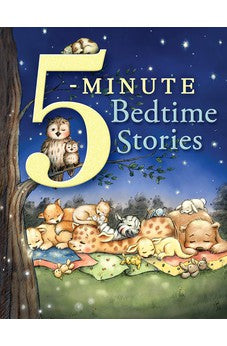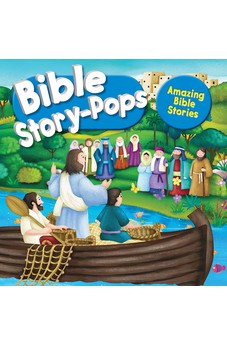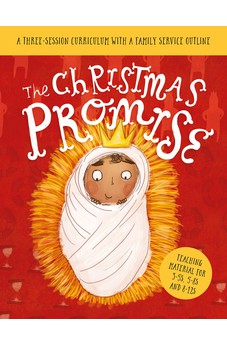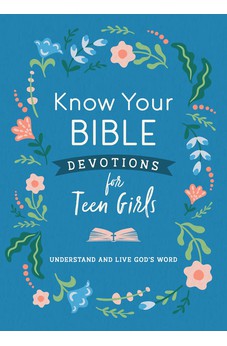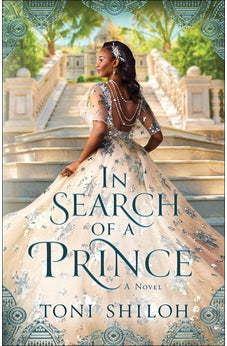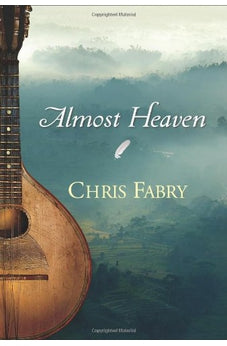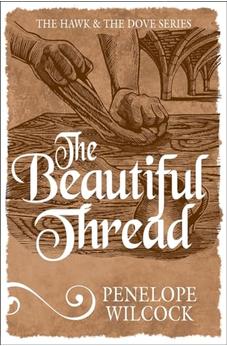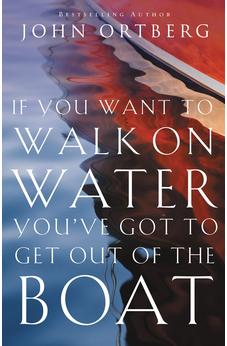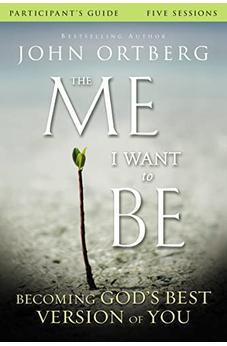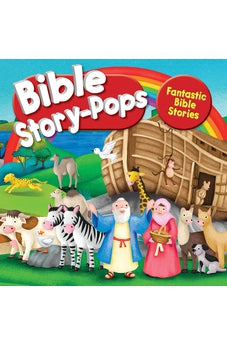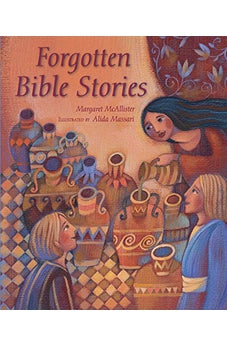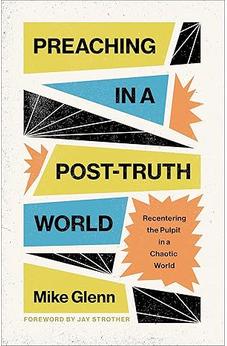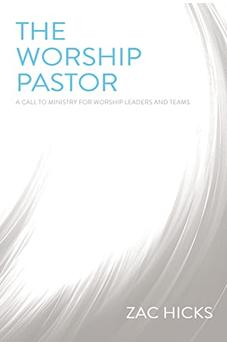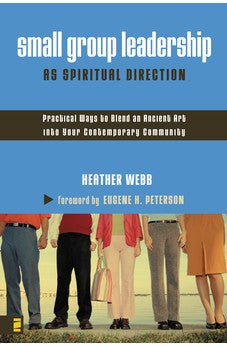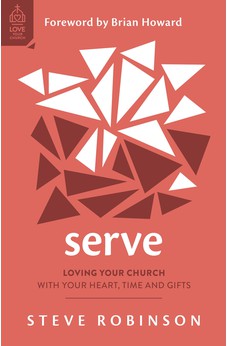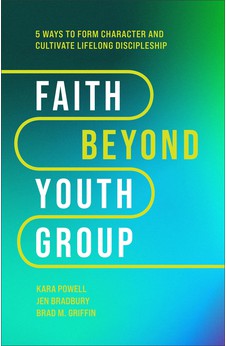Mirror to the Church: Resurrecting Faith after Genocide in Rwanda
3 Great Reasons to Buy from Us:
We learn who we are as we walk together in the way of Jesus. So I want to invite you on a pilgrimage. Rwanda is often held up as a model of evangelization in Africa. Yet in 1994, beginning on the Thursday of Easter week, Christians killed other Christians, often in the same churches where they had worshiped together. The most Christianized country in Africa became the site of its worst genocide. With a mother who was a Hutu and a father who was a Tutsi, author Emmanuel Katongole is uniquely qualified to point out that the tragedy in Rwanda is also a mirror reflecting the deep brokenness of the church in the West. Rwanda brings us to a cry of lament on our knees where together we learn that we must interrupt these patterns of brokenness But Rwanda also brings us to a place of hope. Indeed, the only hope for our world after Rwanda’s genocide is a new kind of Christian identity for the global body of Christ?a people on pilgrimage together, a mixed group, bearing witness to a new identity made possible by the Gospel.From the Back CoverWe learn who we are as we walk together in the way of Jesus. So I want to invite you on a pilgrimage. Rwanda is often held up as a model of evangelization in Africa. Yet in 1994, beginning on the Thursday of Easter week, Christians killed other Christians, often in the same churches where they had worshiped together. The most Christianized country in Africa became the site of its worst genocide. With a mother who was a Hutu and a father who was a Tutsi, author Emmanuel Katongole is uniquely qualified to point out that the tragedy in Rwanda is also a mirror reflecting the deep brokenness of the church in the West. Rwanda brings us to a cry of lament on our knees where together we learn that we must interrupt these patterns of brokenness But Rwanda also brings us to a place of hope. Indeed, the only hope for our world after Rwanda's genocide is a new kind of Christian identity for the global body of Christ---a people on pilgrimage together, a mixed group, bearing witness to a new identity made possible by the Gospel.About the AuthorEmmanuel M. Katongole is associate research professor of theology and world Christianity in the Divinity School at Duke University and the co-director of the Duke Center for Reconciliation. He is a Catholic priest of the Kampala Archdiocese, Uganda.Jonathan Wilson-Hartgrove is an associate minister at St. Johns Baptist Church. A graduate of Duke Divinity School, Jonathan is engaged in reconciliation efforts in Durham, North Carolina, directs the School for Conversion (newmonasticism.org), and is a sought-after speaker and author of several books. The Rutba House, where Jonathan lives with his wife, Leah, their son, JaiMichael, daughter, Nora Ann, and other friends, is a new monastic community that prays, eats, and lives together, welcoming neighbors and homeless. Find out more at jonathanwilsonhartgrove.com.




